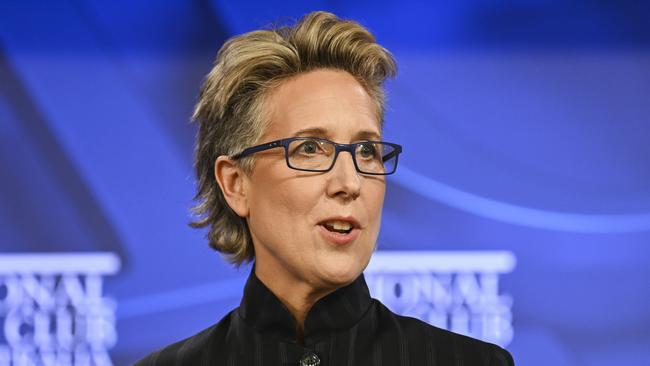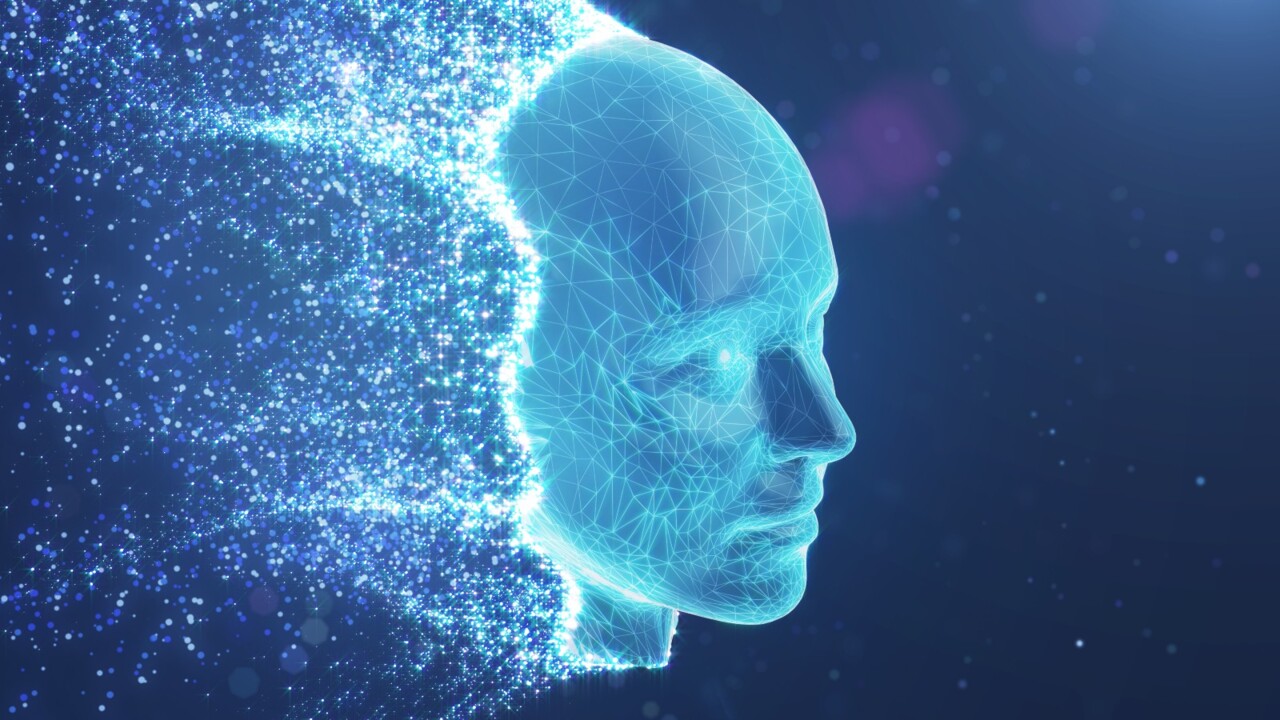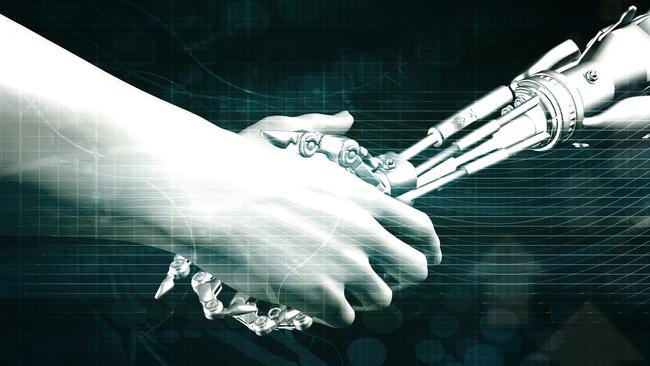ACTU push to win AI benefits for workers
Unions will pursue pay rises and shorter working hours where AI delivers productivity gains for companies.

Unions will pursue pay rises and cuts to working hours where companies win productivity gains from adopting artificial intelligence, while pressing for new collective bargaining rights and stronger obligations on employers to consult with workers before introducing AI.
In an interview with The Weekend Australian, ACTU secretary Sally McManus said AI represented a “very big threat” to workers and policy action was needed to ensure employees shared the benefits, including wage increases and shorter working hours.
“It’s absolutely imperative that workers see the benefits of AI,” Ms McManus said.
“If it’s imposed on working people without negotiation and without us having a say over it, it will be a negative for people and it won’t be acceptable, so this will be a key focus of our movement, ensuring that the benefits, in particular, the productivity benefits, that are likely to flow from AI also flow and are shared with working people.”

A draft motion expected to be endorsed by the ACTU congress next week calls for the removal of restrictions in the Fair Work Act to enable unions to collectively bargain over the actual or potential use of AI and associated issues including data ownership and privacy.
“Bargaining laws need urgent review,” the motion says. “It is no longer sustainable (if it ever was) to limit what employers and employees and their union can bargain over. It will no longer be possible to even contemplate the potential reach of AI.”
Calling for a charter of rights for workers relating to the use of technology, including robotics, AI and automation generally, the motion says the Fair Work Act will need to be reviewed to ensure there is “clear and unequivocal” power to arbitrate disputes about the impact of AI on work.
It says Australia will require a new “introduction of change” regime to ensure workers are consulted, have the right to training and “employers cannot hide behind the veil of “the machine did it”.
Ms McManus said in Australia there was currently nothing to stop employers “just bringing in AI and insisting people use it”.
“Yes, they would have to consult, but that’s about how it would happen. It doesn’t put any obligation on the employer and there’s no negotiation about what you get back,” she said.
“For example, pay rises, or we’d be looking at opportunities to decrease working hours. The shorter working week is a big topic at this congress. There’s a nexus between this big leap we are going to make with AI and the capacity for those productivity gains to be realised through shorter working hours or pay rises.”
The congress motion says awards should contain provisions that protect workers from surveillance and protect workers’ rights in relation to their voice, their body, their image, and their creative and intellectual output. Unions want the regulation to move beyond employees and to afford the same rights to contractors.

Declaring new rights will need to be created to mitigate emergent risks, the motion says workers should also have the right “in the public interest” to not adopt AI for certain applications, including medical decision-making.
Calling for a co-ordinated national and unified policy approach to AI that balances innovation, development, risk, regulation, and rights, congress will urge the federal government to set up a “national artificial intelligence authority” as well as a new division of the Department of Employment and Workplace Relations to develop regulation and training pertaining to AI.
Ms McManus said “people shouldn’t expect that the union movement of Australia will just accept an imposition of this in workplaces without fair negotiations with workers”.
“We will want to ensure that those gains flow back to people otherwise we’ll see a bigger concentration of wealth at the top in the hands of the tech companies,” she said.
Ms McManus said safeguards were critically important and “there must be human involvement in key decisions around workers’ job status”.
“There’s the possibility of AI being used to hire and fire, dismiss, sack people via AI. We assert that these decisions need to be made by humans. Any critical decision around someone’s life needs to be made by someone else,” she said.
“You have to remember that AI effectively is us. It’s like our collective knowledge that’s been given to computers to be able to do what they do. Therefore there needs to be proper safeguards put in place to ensure it’s of benefit to humanity and not the other way around.”








To join the conversation, please log in. Don't have an account? Register
Join the conversation, you are commenting as Logout